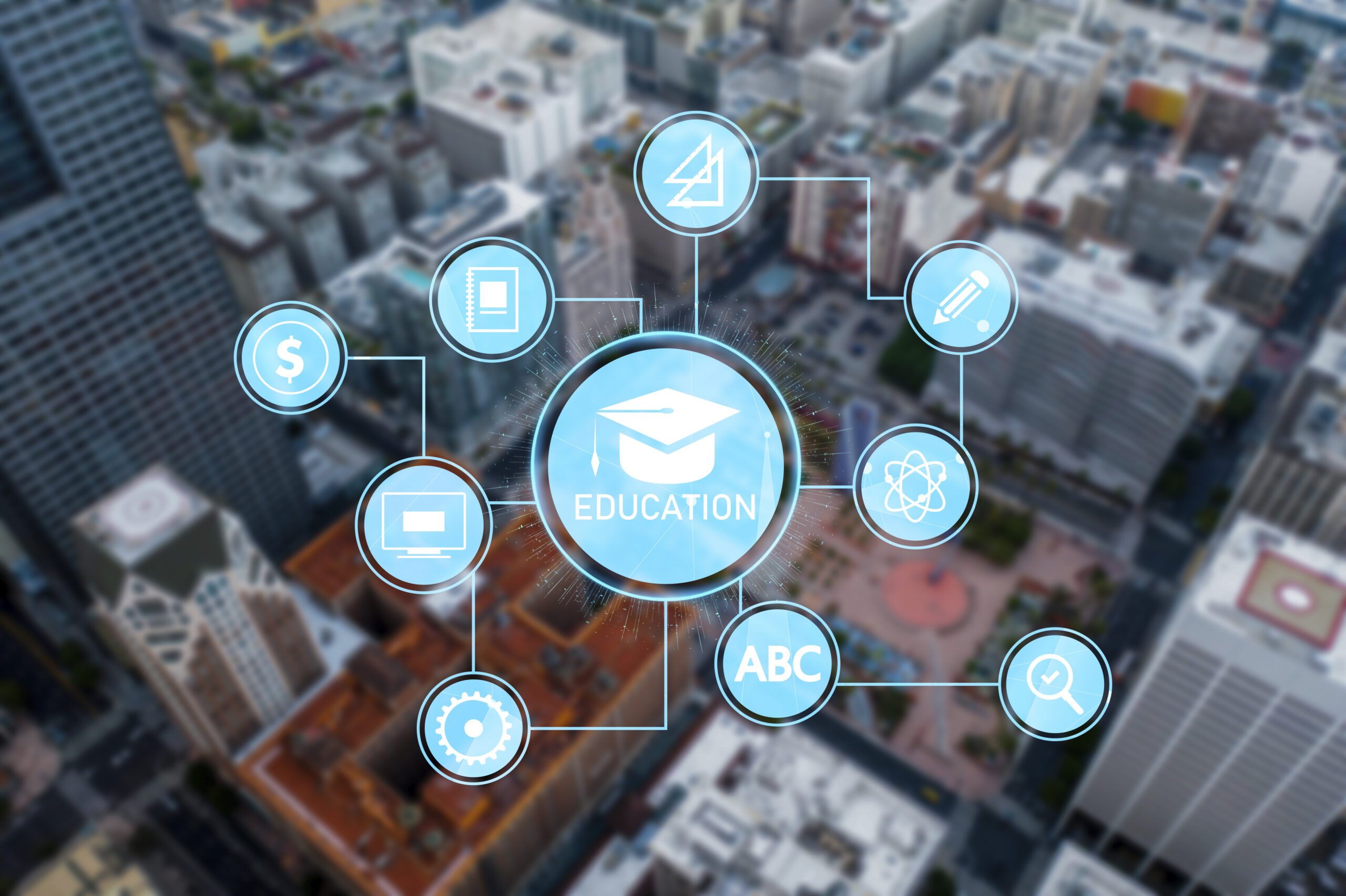Non-formal education has been gaining prominence as a vital component of contemporary educational systems. Offering a complement to traditional classroom settings, non-formal education provides practical, real-world learning experiences that are crucial in today’s dynamic educational landscape. This educational approach is characterized by its flexibility, learner-centeredness, and emphasis on personal development and skills acquisition outside the conventional academic framework.
Educational systems around the world are increasingly integrating non-formal education due to its benefits in fostering lifelong learning and adaptability. Programs range from workshops and online courses to community-based education and vocational training, each designed to meet diverse learning needs and styles. These programs are particularly effective in reaching learners who may not thrive in traditional educational settings, including adult learners seeking to upgrade their skills or youths who require more hands-on learning environments.
One significant advantage of non-formal education is its ability to bridge the gap between educational theory and practical application. By focusing on skills that are directly applicable in the workplace, such as digital literacy, critical thinking, and problem-solving, non-formal education prepares individuals for the challenges of the modern workforce. It also encourages continuous learning, which is essential in a world where new technologies and methodologies are constantly emerging.
Moreover, non-formal education plays a crucial role in social inclusion, making education accessible to all sections of society. It often targets marginalized groups, providing them with the skills and knowledge necessary to improve their socio-economic status. This inclusivity not only benefits individuals but also contributes to the broader goal of reducing social inequalities.
Despite its growing popularity, non-formal education faces challenges such as recognition of its outcomes in mainstream education systems and ensuring quality across diverse programs. However, as education systems evolve to accommodate changing societal needs, non-formal education is likely to become even more integrated into the educational mainstream.
In summary, non-formal education is reshaping the educational landscape by providing flexible, practical learning opportunities that enhance lifelong learning. Its continued development and integration into formal education systems are crucial for meeting the diverse needs of learners in a rapidly changing world.






